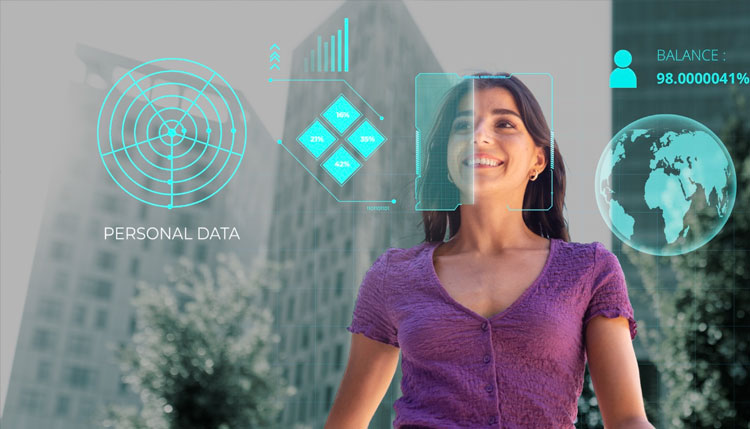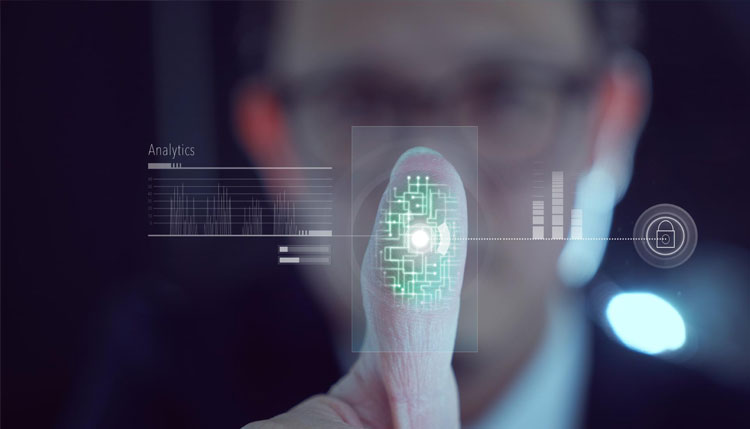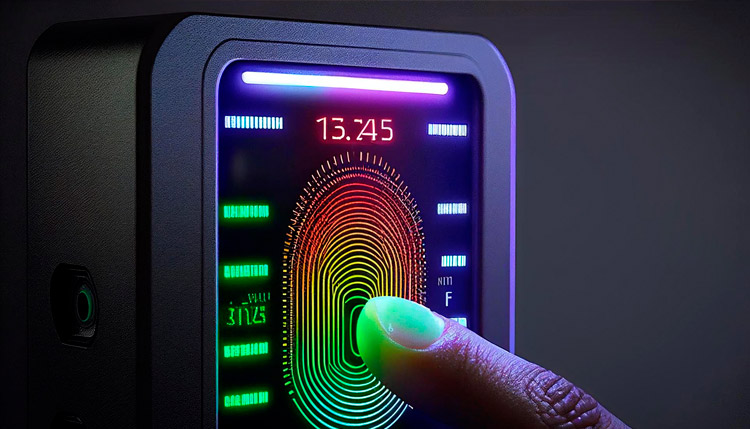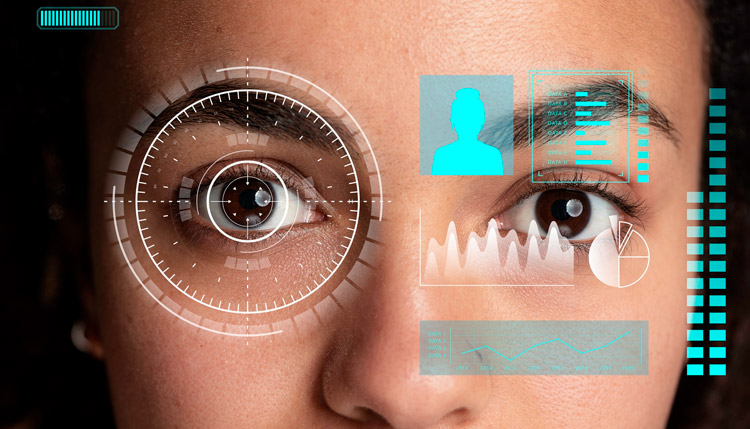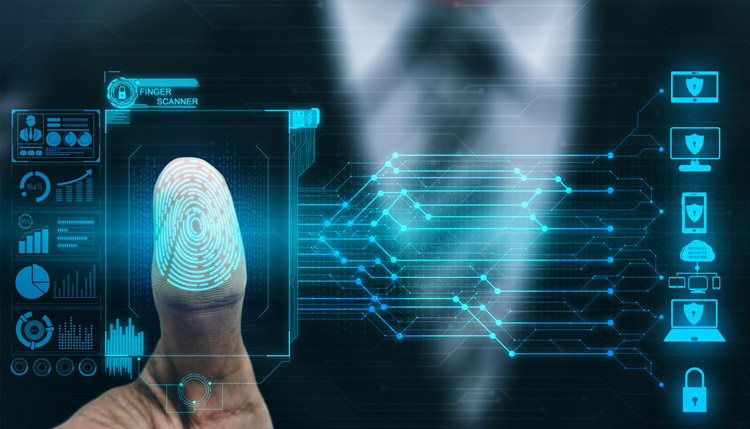
The Ethics of Biometric Data Collection
In today’s digital world, collecting and utilizing biometric data is a widely accepted practice. Advances in technology have made this possible, with the use of biometric data becoming more common. Biometric measures such as fingerprints, iris scans, facial recognition, and DNA analysis have become prevalent in identifying individuals. While these technologies can prove to be greatly advantageous in terms of increased security and convenience, ethical issues with regards to privacy arise making it a cause of concern.
This blog delves deeper into the intricate ethical questions raised by collecting and using biometric data. It emphasizes the necessity to strike a balance between technological developments and ensuring people’s personal liberties are respected.
Informed Consent:
Informed consent is one of the main ethical considerations in biometric data collection. People must be made aware of how their biometric data will be acquired, stored, and ultimately used. This is an integral part of ensuring their privacy and security. Organizations and governments have the responsibility to make the purpose, scope and potential risks of biometric data collection public. This transparency helps ensure that everyone is well informed and aware on how their personal information is being used. Without providing proper and thorough consent, people can become vulnerable to having their privacy violated, their identity stolen, or even have unauthorized individuals gain access to their confidential information.
Privacy and Security:
Biometric data is exceptionally personal and unique, making it a desirable prize for malicious hackers. Companies that collect biometric data must have stringent security protocols in place to protect this confidential information. Biometric data is highly sensitive and any misuse of it could lead to serious repercussions such as identity theft, discrimination or unjustified surveillance. Establishing the proper balance between ease of access and user privacy is essential for gaining public confidence and preserving individuals’ rights.
Discrimination and Bias:
Apart from privacy concerns, the use of biometric data brings with it the risk of discrimination and bias. Research has found that facial recognition systems in particular can be prone to racial, gender and age-based prejudices. Predominantly if AI systems are employed in sectors such as policing and job recruiting, there is a chance that unconscious biases will be enabled and can lead to unjust consequences. To ensure fairness and prevent discriminatory practices, it is essential to address and mitigate any potential biases through thorough testing, regular evaluation, and building diverse development teams.
Scope Creep and Mission Creep:
The use of biometric data is growing rapidly, and its original purpose may expand beyond what it was initially intended for. This process, called “scope creep”, happens when the collected data is used for purposes other than those agreed upon without proper authorization. Mission creep occurs when biometric data use is gradually expanded for purposes other than the original objective. Companies must be vigilant and ensure that this data is used solely for its intended purpose, with individuals able to revoke consent should any new utilization take place.
Surveillance and Government Control:
Utilizing biometric data for government surveillance has significant moral implications. Mass surveillance violates individuals’ right to privacy and has the potential to create a stifling atmosphere impacting freedom of expression and association. Governments should enforce clear policies and regulations that limit the use of biometric data to only legitimate reasons and with adequate oversight and accountability standards. This will ensure it is used responsibly for the appropriate purposes.
Biometric data collection and use come with important ethical considerations, making it essential to achieve a careful balance between the advancement of technology and the protection of individual privacy rights. Organizations, governments, and policymakers need to ensure that biometric data of individuals is protected through the implementation of clear guidelines, informed consent protocols, and robust security measures.
It is essential to have transparency, accountability and carry out regular evaluations of AI technologies so as to prevent any biases, misuse and maintain the privacy of all parties. By putting ethical guidelines in place, we at TrueID can unlock the full potential of biometrics while being considerate of people’s fundamental rights and dignity in the digital age. For more information, please write to us at info@trueid.in

